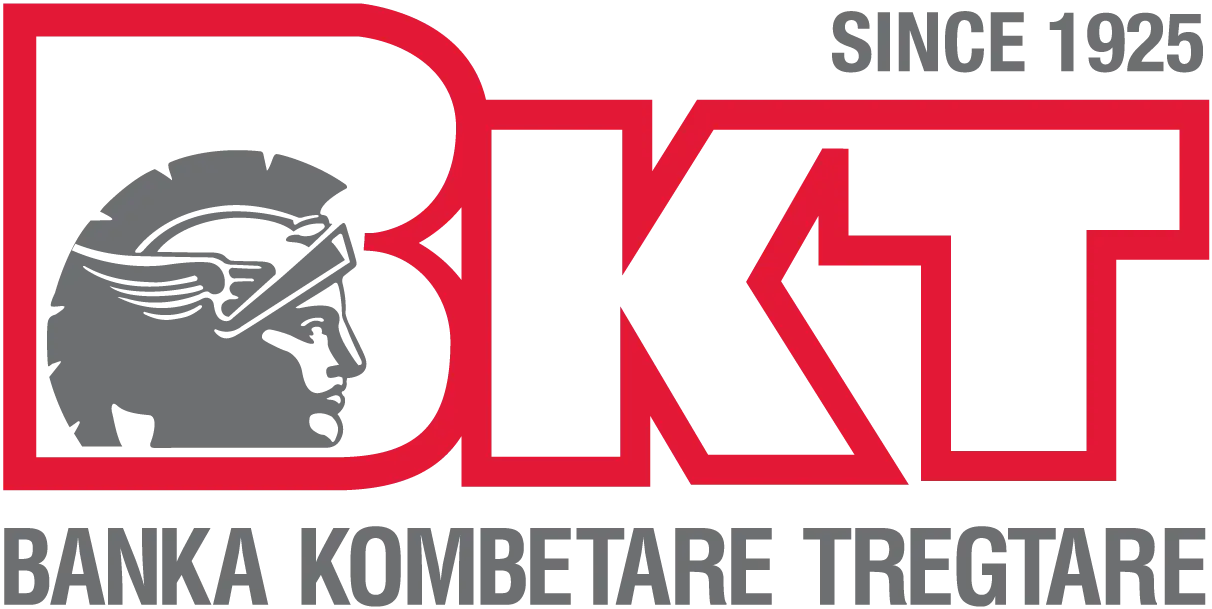Banka Kombëtare Tregtare (BKT), Albania’s leading financial institution, is proud to announce that S&P Global Ratings has assigned BKT a long-term rating of BB- and a short-term rating of B, with a stable outlook. It has assigned as well BB long-term resolution counterparty rating (RCR).
This recognition underscores BKT’s solid market position, with 25% market share in total assets in Albania and 17% market share in Kosova, and strong financial performance, with ROE above 12%, with a 3 year average of 17.5%.
The rating reflects BKT’s leading deposit franchise, with a significant 25% market share in customer deposits, robust liquidity and sound asset quality, with nonperforming loans significantly below the market average, at 2.5% in Albania and 1.2% in Kosovo. The bank’s consistent profitability and strategic growth reflect BKT's experienced and effective management and demonstrates its resilience and ability to adapt to evolving market and economic conditions.
BB- rating is in line with Albania’s BB/B sovereign rating and the same with the Anchor rating, that is an assessment from S&P of the national economic and banking industry topics. BKT’s rating is typical for banks with similar relevance and market position in emerging markets.
The rating notes that BKT’s activity is intertwined with Albania in multiple dimensions. It is shown in the solid share of customer deposits and the positive expectations for loan growth, as well as in terms of the bank’s relevant exposure in sovereign bonds. This exposure is aligned with the domestic banking sector average and shapes the risk profile of the bank.
This rating from S&P Global Ratings, the first non-sovereign rating in Albania, is a testament to our disciplined and proactive business model, experienced leadership and focus on delivering value to and for our customers. We remain committed in supporting Albania’s economic development and in maintaining financial stability.
BKT is the largest bank in Albania, by the end of 2024 is recorded a total asset volume of USD 6.9 billion, in consolidated banking group basis. In Albania it operates through its extensive network of 62 branches and agencies and serves more than 800,000 clients with innovative products and services.
Read full report HERE
Other News
January 28 – International Data Protection Day
On the occasion of International Data Protection Day, the Office of the Information and Data Protection Commissioner is carrying out an awareness-raising campaign aimed at informing and sensitizing citizens about the importance of protecting personal data, particularly in the financial sector.
